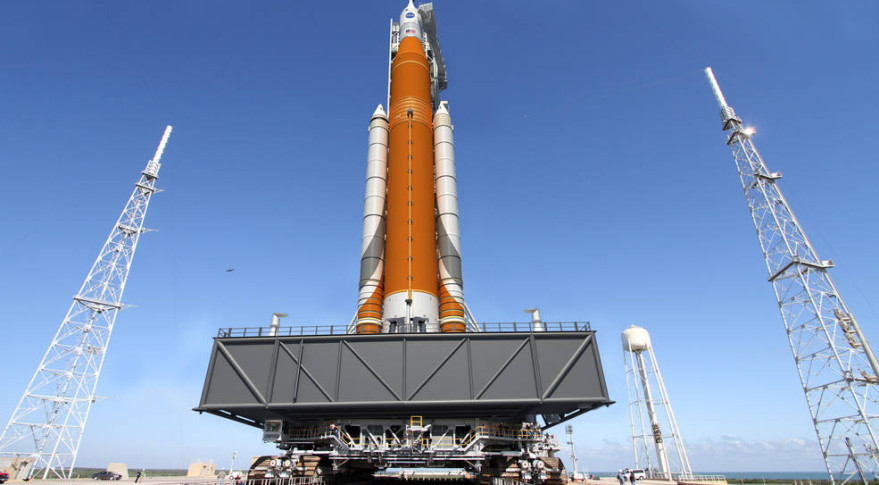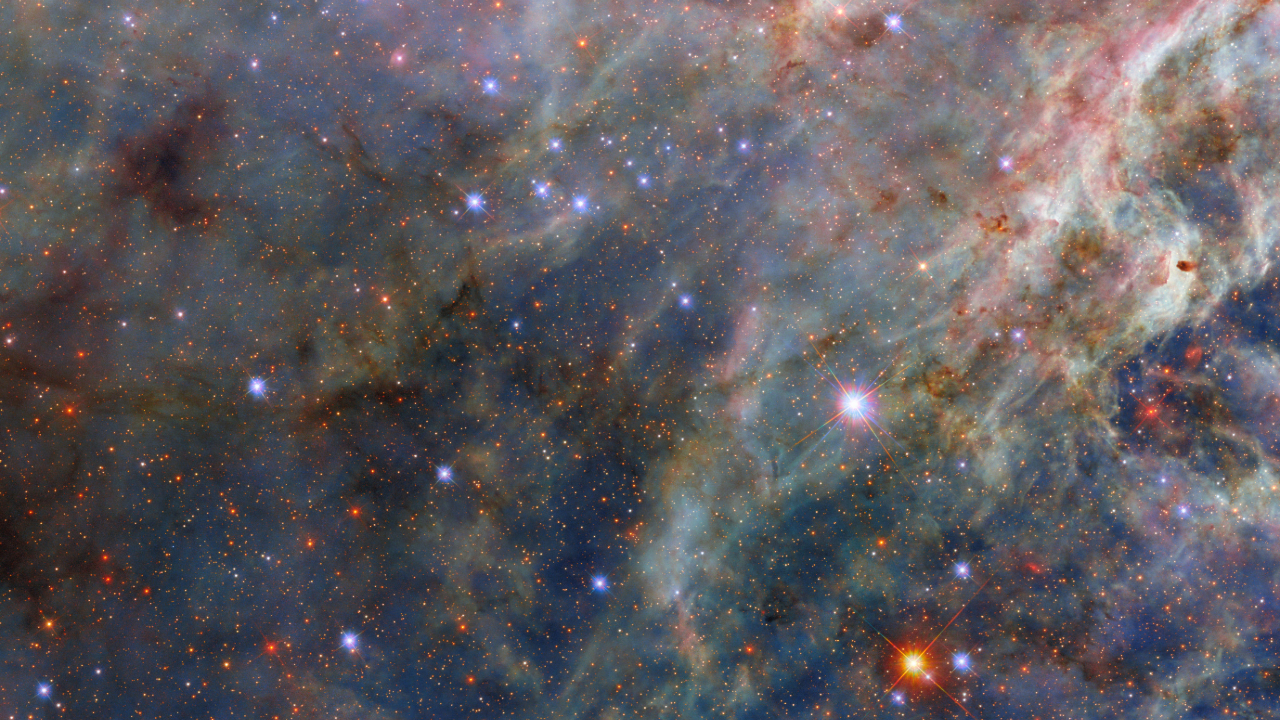Putting Astronauts on SLS Debut Flight Sparks Safety Group's Concern

CAPE CANAVERAL, Fla. — A safety oversight panel expressed concern Thursday about an idea, currently being studied by NASA, to put astronauts aboard the first flight of the heavy-lift Space Launch System rocket.
In a meeting yesterday (Feb. 23) at the Kennedy Space Center in Florida, NASA's independent Aerospace Safety Advisory Panel said the reason to put astronauts aboard the debut flight of SLS must be compelling enough to override additional costs, scheduling impacts and safety risks.
Earlier this month, acting NASA Administrator Robert Lightfoot asked Bill Gerstenmaier, associate administrator of human exploration and operations at NASA, to conduct a study on the feasibility of flying astronauts on what is currently planned to be an unmanned test flight of the SLS and Orion deep-space capsule in 2018. [Orion Explained: NASA's Multi-Purpose Crew Vehicle (Infographic)]
"We are not proposing what the outcome of NASA's assessment should be," Patricia Sanders, the safety panel's chief, said at the meeting.
"But in the assessment we strongly advise that NASA carefully and cautiously weigh the value proposition for flying crew on EM-1," she added, referring to Exploration Mission-1, the debut flight of the SLS and Orion system.
NASA told SpaceNews the study will "examine the opportunities it could present to accelerate the effort of the first crewed flight and what it would take to accomplish that first step of pushing humans farther into space."
The agency declined to say when the study would be finished and why it was initiated.
Breaking space news, the latest updates on rocket launches, skywatching events and more!
In an email to Space.com, NASA spokeswoman Cheryl Warner said questions about the advantages of adding astronauts to the flight and potential schedule impacts would "likely be answered during the study."
Under the current plan, EM-1 would launch from the Kennedy Space Center Launch Complex 39B in in late 2018 to put an unmanned Orion capsule into a looping orbit around the moon. A crewed mission would follow in 2021.
The safety panel's Sanders pointed out that the Orion capsule scheduled to fly on EM-1 currently does not include a full life-support system, software and other aspects needed for human spaceflight.
"Several changes would be required, adding complexity, unknowns and almost certainly risk, not to mention cost, schedule and potential opportunity cost implications," Sanders said.
"If the benefits warrant assumption of additional risk," she added, "we expect NASA to clearly and openly articulate their decision-processing rationale."
Follow us @Spacedotcom, Facebook and Google+. Original article on Space.com.

Irene Klotz is a founding member and long-time contributor to Space.com. She concurrently spent 25 years as a wire service reporter and freelance writer, specializing in space exploration, planetary science, astronomy and the search for life beyond Earth. A graduate of Northwestern University, Irene currently serves as Space Editor for Aviation Week & Space Technology.
